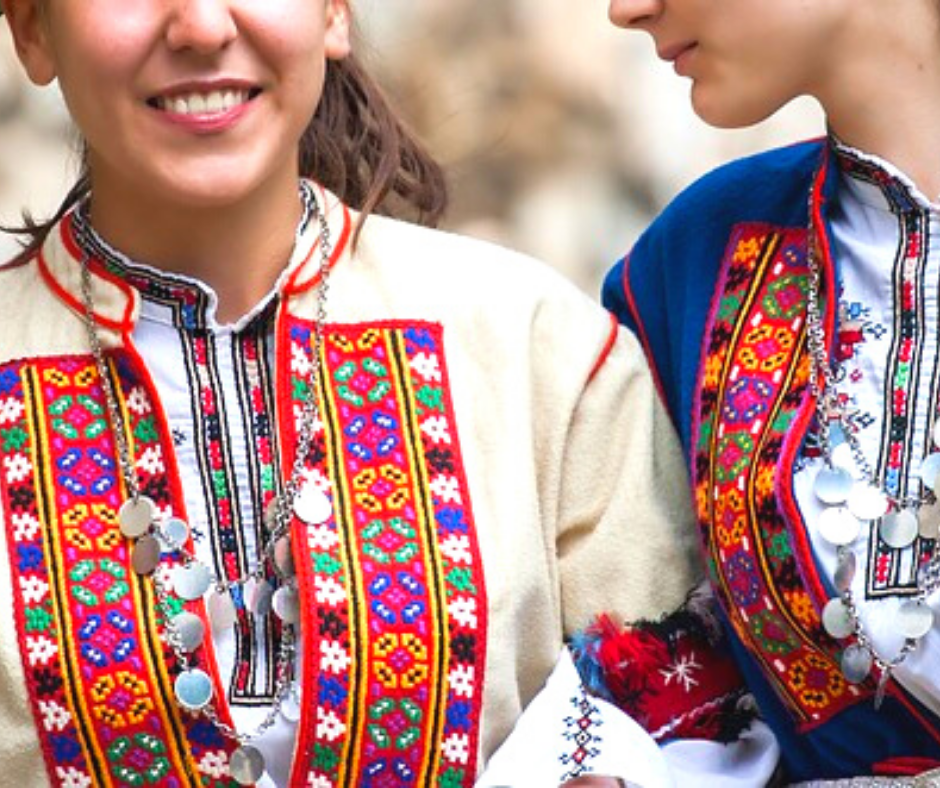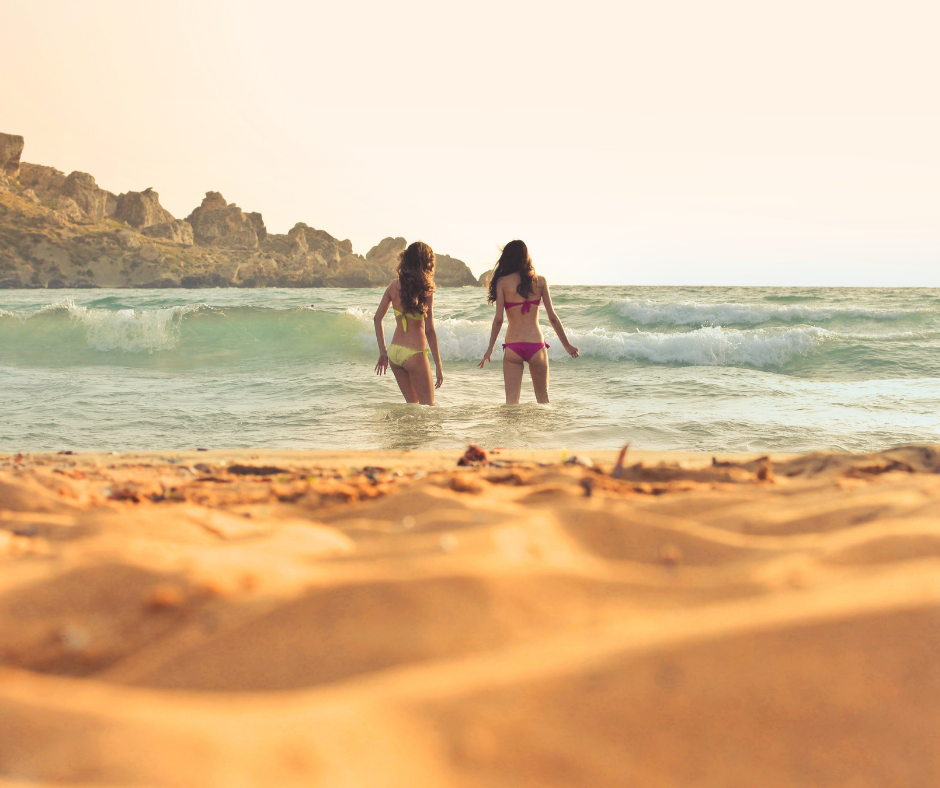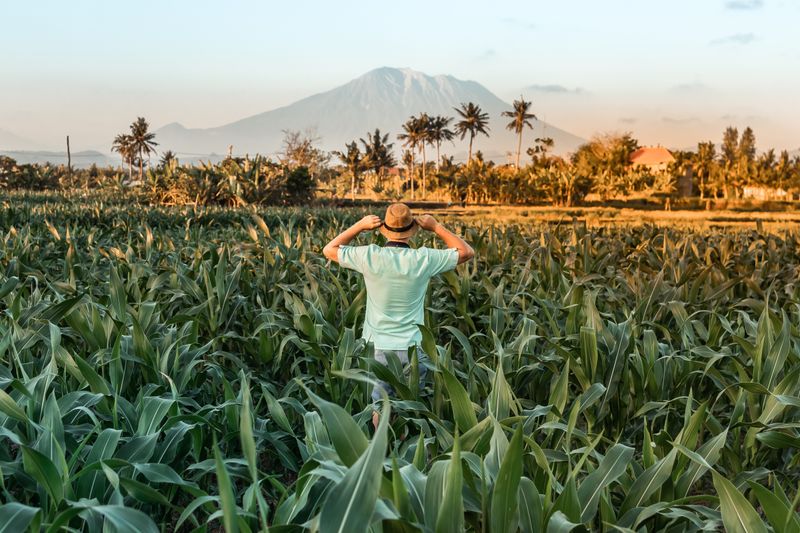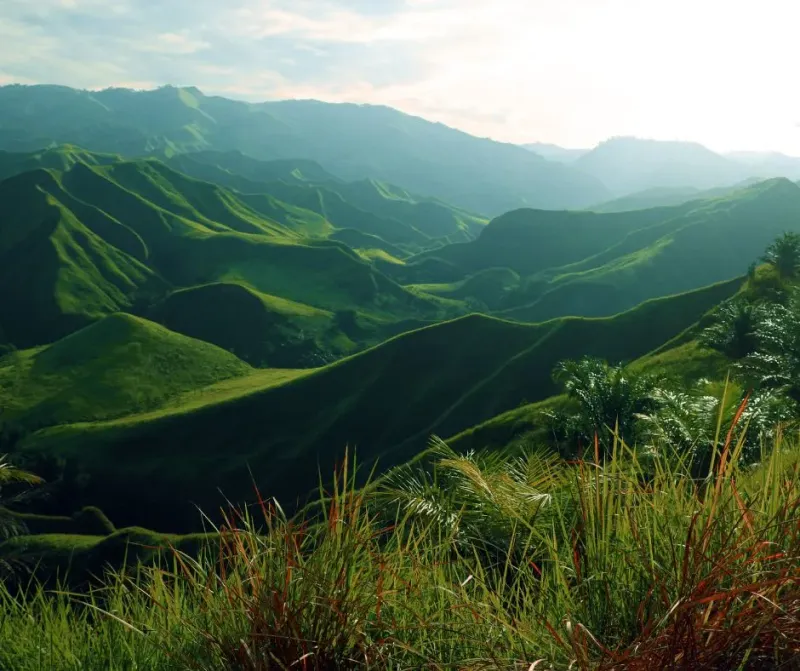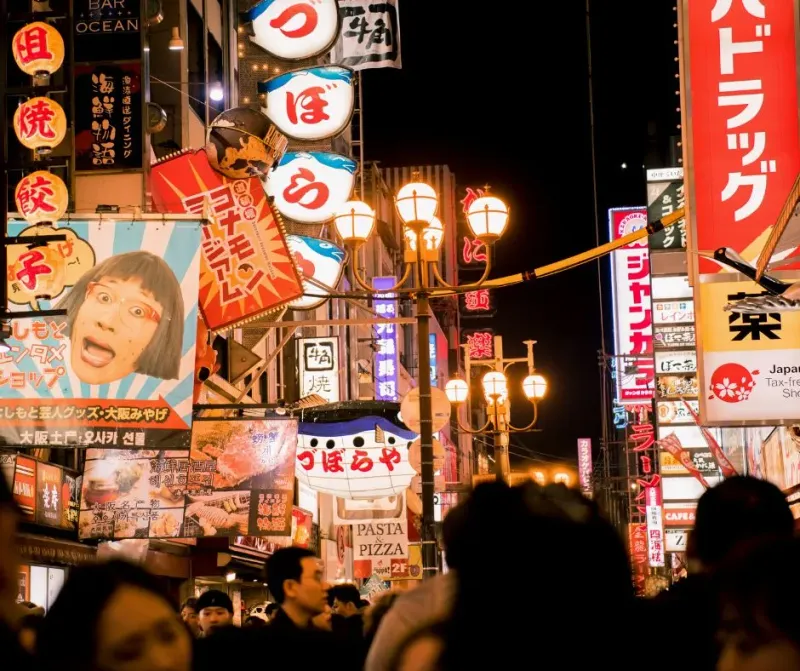Last updated 2022, October 10th: Historic towns, exotic beaches, and majestic mountains are just a few phrases to describe the Balkan state of Bulgaria, but there is still so much to see! The land of Spartacus, the fighting gladiator, is nestled cozily between the Black Sea, Romania, Serbia, Macedonia, Greece, and Turkey.
Bulgaria offers hearty food, natural diversity, and a low cost of living. And the best: It hasn`t been discovered yet, although the coworking space in Bansko made a lot of effort, to put the small mountain town on the radar of digital nomads.
🇧🇬 Entry requirements for Bulgaria
- Valid visa: valid visa for non-Schengen citizens or national ID/passport for Schengen citizens. This Schengen visa is not valid for entering other countries of the Schengen zone, except for Cyprus, Romania, and Croatia.
- Travel health insurance: Travel health insurance is required to get a Schengen visa. Check out Genki Explorer.
🌱 Travel health insurance for Bulgaria
🏡 How to find a place
- Hotels: Bulgaria is still more affordable than many other European countries, so I would defiantly check the hotel booking sites, such as booking.com and agoda.com to find a place to stay. With hotels, you have a proper refund policy, which got a bit difficult in the past years with Airbnb, which transformed from a guest-friendly platform to a host-focused platform with dynamic pricing and high fees.
- Airbnb: Yeah, talking about it. It is unfortunately still the go-to site for private accommodation and short-term rentals. Check out Flatio.com for better prices.
- Bansko Nomad Apartments: Bankso is a small and walkable town with many nomads around who made Bansko their home base or visit the town regularly. Bansko coworking created this site to give newbies a good overview of recommended apartments.
✈️ How to get to Bulgaria
- Plane: Major airports in Bulgaria are Sofia Airport (SOF), Burgas Airport (BOJ), and Varna International Airport (VAR). All airports are close to the cities and well connected by buses or trams.
- Bus: With the European bus network, you will find several connections between Bulgaria and other Europe countries, like Turkey, Germany, Austria, and France. Depending on the starting point the trip might take longer but buses are modern, convenient, and cheap.
- Train: With the Eurail pass, you can travel from 33 European countries to Bulgaria. Even without the pass, you can enter Bulgaria by train easily as it serves 4000km of rail track with 3 different train types.
- Private Car: You can enter Bulgaria by car from Romania in the north, Serbia, and Macedonia in the west, and Greece and Turkey in the south.
🚌 Public transport
- Metro: The capital Sofia provides a metro, and a single ticket is less than 1 Euro. The metro connects the city to the train station and the airport.
- Taxi: You can find taxis in bigger cities but they are rare in rural areas.
- Uber: Uber, Grab, Lyft, and Didi are non-existent in Bulgaria.
🏘 Where to stay in Sofia
- Central Sofia: For nomads who love diving into a new culture and who are interested in historical buildings, downtown Sofia is a good choice. In this district, you find cafés at every corner, restaurants on narrow streets, and the typical urban chaos. Rent for a 1-bedroom apartment is between 600 and 900 Euro a month.
- Vitosha: Located at the foot of the Vitosha mountains, this district is already part of the outskirts of Sofia. It is a common location to host the government and important international visitors. For high-end living, you can check out Bv. Vitosha. Prices are higher and probably start at 850 Euro a month.
🧑🏻💻 Where to work from in Sofia
Coworking spaces
- Soho: The coworking space combines a modern workspace with cultural and social events. 1-month of coworking, including high-speed fiber optic internet connection, access to conference rooms, kitchenette, and free coffee and water flow costs 180 Euro.
- Work&Share: The coworking space is centrally located and just a few steps away from cafés, bars, and restaurants and within a 10-minute walk from a shopping mall. The next metro station is within 10 minutes of walking distance. A monthly membership costs 180 Euro for a dedicated desk.
Coffee shops
- Green Deli Café: All three locations are perfect for a combination of a day of work and a day of strolling. The Café serves delightful breakfast and lunch options together with healthy smoothies and Café art.
- The Steps: This newly opened and very spacious bar is specifically made for workshops, events, and coworking. The bar has plenty of plugs and a stable wifi connection besides a wide-range drinking menu including coffee specialties, cocktails, wine, and whiskeys.
Others
- Peroto Literature club: A great location with an intimate atmosphere is Peroto Literary Club inside the NDK building. Have a coffee or a glass of wine while you pretend to be productive.
🏘 Where to stay in Bansko
- Coliving spaces: You can speed up 3 to 9 weeks when signing up for a coliving space. Why not share a house with all new potentials? At least, coworking and coliving spaces can boost creativity, raise the work spirit, and enable you to make new business contacts. Check out Bansko Coworking as they offer coliving options too.
🧑🏻💻 Where to work from in Bansko
Coworking spaces
- Bansko Coworking: This is the go-to coworking space in Bansko as it has grown a strong community over the years. With several locations, the coworking space serves all needs. You can choose work spots, depending on your preferred taste, from a leisurely coffee shop ambiance to a quiet office mode. Membership costs 155 Euro per month.
Coffee shops
- Cafe Club: This modern and centrally located café welcomes nomads to work in an alternative environment to a coworking space.
🚊 How to travel around Bulgaria
- Bus: Bulgaria has a good road network and buses are the main form of overland transport. A bus ride from Sofia to Plovdiv takes 2 hours. Download a Chrome extension to translate the website, and then use this official site to see the bus schedules.
- Train: The history of Bulgarian railways dates back to 1884, when the Ottoman government which was ruling the country, hired a British engineer to build a railway system. The first route was opened in 1886 and connected Ruse, Pliska, and Varna. Today, the railway network is still working and connects bigger towns across the country. However, due to the heavy increasing automotive industry, trains faced major competition from car usage. If you are a fan of slow traveling, overland traveling, and watching changing landscapes through the window (I like that type of travel), trains are a good alternative to travel around Bulgaria.
- Cross-countries: You can hop on the train in Bulgaria and go all the way to Greece, Macedonia, Romania, Serbia, and Turkey.
- Cycling: Except in the city of Plovdiv, Bulgaria has no dedicated bike lanes.
🎖Must see in Bulgaria
- Plovdiv: This city is one of the oldest in Europe and is located just 150 km away from Sofia. It can be easily reached by bus (2-hour drive) or quicker by car. Its old town is spectacular and the hills nearby can be reached within a 10-minute walk and offer a stunning view. Plovdiv is the European capital of culture in 2019. The creative district is called Kapana and different festivals and events are organized here, for example, the annual Design Week.
- Rila Monastery & the 7 Rila Lakes: These two places should not be missed when visiting Bulgaria. The hike around all 7 lakes takes about 4 to 7 hours. The monastery is the most beautiful religious building in Bulgaria, together with St. Alexander Nevsky's cathedral in Sofia. The monastery provides accommodation too.
💡Good to know
- Internet: The internet is reliable and widely available. The average broadband speed is 58 Mbps download and 46 Mbps upload.
- Sim Card: Prepaid sim cards are available from Viacom for 5 Euro (6 GB) or 13 Euro for 25 GB data. Sim cards are available at airport kiosks or Viacom shops.
- Easy entry: Depending on your passport, and the country you are coming from - you should have an easy entrance.
- Safety: Bulgaria is a fairly safe travel destination. The global peace index for Bulgaria is 1.5 and the country ranks 27th, next to Slovakia and Mauritius.
- Digital nomad community: A growing Coworking scene and digital nomad community in Sofia.
- Climate: Bulgaria comes with four beautiful seasons, which might be a pleasant change when you spent some time in a tropical climate with only tropical heat or rainy season. Bulgaria has a mild to cold winter, depending on where you are, spring and autumn and a hot to really hot summer.
- Nature: Dramatic mountain peaks and snowy slopes invite a fantastic skiing season. The skiing area around Bansko offers around 70 km of ski slopes which are between 936 and 2,600 meters in altitude, and include easy to advanced skiing adventures.
- Beaches: Sun-kissed beaches at the Black Sea, for example, Bolata Beach, Kaliakra, or Sozopol.
- Culture: Dive into the culture by visiting the opera in Sofia. From Little Red Riding Hood to Norma or Carmen, Sofia offers a selected choice of classics in the glamorous setting of the historic opera house. A must-do in Sofia.
- Festivals: Dance until the stars at the Meadows in the Mountains Festival in June, or get wild at the heavy metal festival Hills of Rock in Plovdiv and in Sofia in July. Mingle at the Nomad Fest by Coworking Bansko in July.
- Food: Bulgarian cuisine is delicious, hearty, and will tickle your taste buds. Treat yourself to the traditional pastry Banitsa, a mixed platter of Meshana Skara, or stuffed wine leaves named Sarmi.
- Discounts: When visiting Plovdiv, check out the Plovdiv City Card for deals and discounts.
🚧 What to avoid
- Money exchange scams: Make sure to go to an official exchange office.
- Inflated bills: Make sure to check the bills in the restaurant as they sometimes come with items you haven't consumed.
- Fake taxis: Only use taxis with meters. When the driver tells you the meter just broke, take another taxi.
- Dark alleys: Some places are totally fine during the day but change when it's dark. Quiet alleys, dark parks, and empty-looking squares are a no-no, especially in Sofia. Also, avoid the red-light districts. What is a safe district in cities like Hamburg or Amsterdam, doesn't apply to other locations.
🚴🏻♀️ How to stay healthy
Stay active
There are endless ways how to stay active and fit in Bulgaria. From hiking the Vihren Peak for the serious adventurer to cycling around Sofia - thanks to its seasons, you have many activity options to choose from.
- Cycling in Sofia: Bad news first. Sofia is not a super bike-friendly city due to its lack of bicycle lanes and bike parking. However, the capital has many parks and cycling could be a fast, cheap, and easy transport for those staying longer in Sofia.
- Mountain biking in Bansko: The small town of Bansko offers beautiful surroundings you can explore by bike. Check out this 15 km bike route, for example.
- Running: Why not take a run through Sofia's green parks?
- Hiking in Rila National Park: A moderate hike of 13 km length is the trail to the Rila Monastery. Rila National Park is 1.5 hour drive south of Sofia. Another hike in the area is the 10 km Seven Rila Lake Trail.
- Climbing Mount Vihren: Mount Vihren, also known as the Lord of the Pirin, is the highest peak of the Pirin massif, and the third highest peak in the Balkan. A starting point is Bansko.
- Gyms: I am not super into gyms, but I found this list of gyms in Sofia.
- Yoga: That is more my cup of tea, although I am a YouTube Yogini, meaning I simply do my own practice following the instructions of my favorite instructor, Juliana from Boho Beautiful.
Health risks
- Water quality: Yes, you can drink tap water in Bulgaria.
- Air quality: The air quality in Bulgaria is moderate.
⚓️ Long stay
There is no current digital nomad visa available in Bulgaria.


